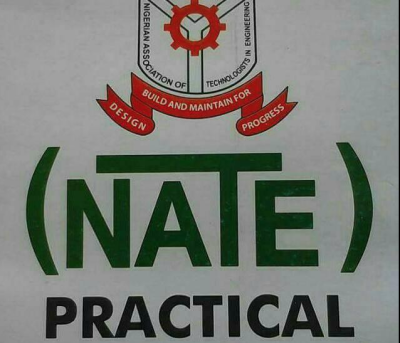The Academic Staff Union of Universities (ASUU) has issued a 21-day ultimatum to the Federal Government, demanding immediate action on a series of unresolved issues, in accordance with labor laws. The decision was reached during the National Executive Council (NEC) meeting held at the University of Ibadan from August 17th to 18th, 2024.
Sources from the meeting disclosed that ASUU has instructed its branches across the country to conduct referendums on potential courses of action, which may include an indefinite strike, a staggered strike, or other measures in response to the government’s continued inaction.
ASUU’s longstanding demands include:
- Renegotiation of the FG/ASUU 2009 Agreement: The union insists on revisiting and updating the agreement to reflect current realities in the educational sector.
- Payment of Withheld Salaries: ASUU demands the release of withheld salaries owed to its members.
- Adoption of UTAS for Salary Payments: The union advocates for the implementation of the University Transparency and Accountability Solution (UTAS) as the preferred payment system.
- Clearing Promotion Arrears: The payment of arrears related to academic staff promotions remains a priority.
- Halting the Proliferation of Universities: ASUU calls for a stop to the uncontrolled establishment of new universities without adequate funding and resources.
- Revitalization of Public Universities: The union demands significant investment in the infrastructure and facilities of public universities.
- Resolution of Earned Academic Allowances: Outstanding payments of earned allowances are a key point of contention.
- Ending the Victimization of Union Leaders: ASUU urges the government to stop targeting its leaders for their activism.
The union has also expressed concern over the non-payment of salaries in several state universities, further exacerbating the tension between ASUU and the government.

ASUU had previously been assured that its demands would be included in the 2023 budget. However, the government’s failure to honor this commitment has led to the current standoff. The outcome of the referendums at university branches will determine the union’s next steps, potentially leading to another round of industrial action.
ASUU’s history of strikes is well-documented, with the union frequently citing the government’s failure to fulfill agreements as the catalyst for its actions. The looming deadline and the possible strike could have significant implications for Nigeria’s higher education system if the demands are not met within the stipulated timeframe.










